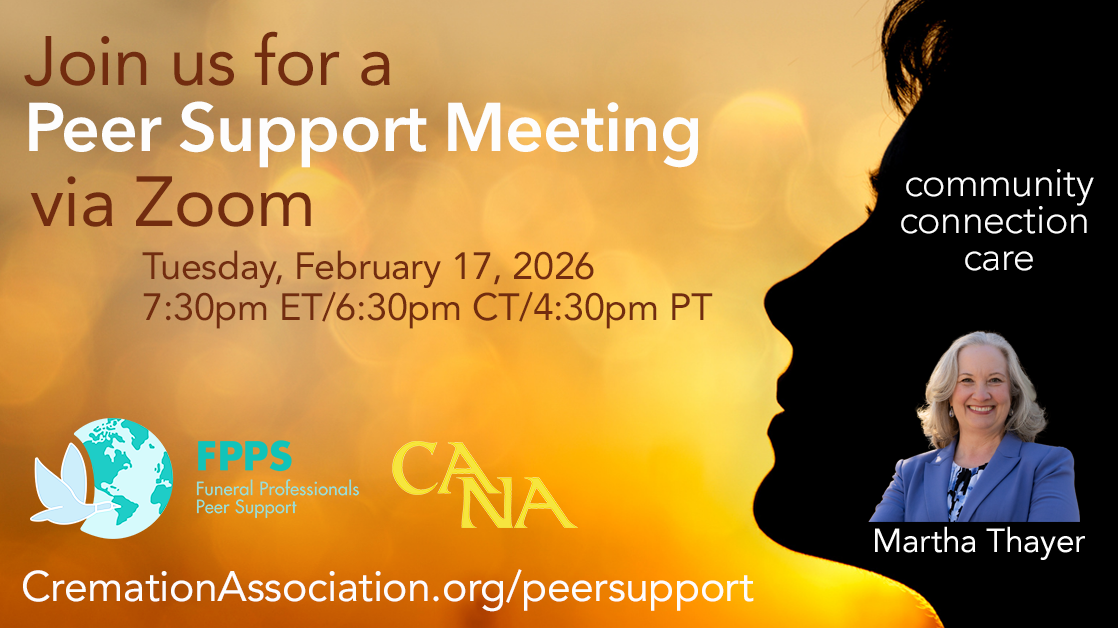How Doctors Treat Complex Grief, Part 2: Medication
In our previous article, we discussed information which might be useful to have available to provide to families and prospective clients on some of the common forms grief treatment can take. In this article we continue the review options to include a look at available medications which are used to treat grieving patients.
Doctors are divided over medically assisted grief therapy, which involves the use of medications for the treatment of symptoms that can complicate the experience of grief. Because grieving is a highly-individual process occurring gradually over time, some professionals believe that medications affecting the mind and emotions may impact the process of grieving. Their concern is that interrupting the process could impair — or even impede – a mourner’s progression through it.
Others believe that addressing concurrent symptoms in a temporary way can help a mourning person move through their grief by making daily functioning easier (by treating depression, for example).
Each case is determined individually. It’s important to recognize that there is no pill that takes away grief.
Complex features
Where grief or accompanying symptoms such as sleeplessness or high blood pressure have become extreme, medications may be necessary. Symptoms that worsen over time until they adversely affect overall health can be not just unhealthy but acutely dangerous. Regular disruptions to sleep, pronounced depression, or uncontrollable levels of anxiety can all get in the way of experiencing grief, especially for people with a history of such conditions or mental illness.
If such underlying conditions are worsened by the added stress of grieving, it may be necessary to address these symptoms through medication so that the grief itself can be processed.
Controversy
Medications are available which are commonly used for management of cravings of alcohol and opioids. Naltrexone as a prescribed medication which is used to treat addiction and substance use disorders, plays a controversial role as sometimes prescribed medication for grief therapy.
Though the practice isn’t a common one and research is in early stages, there’s some evidence that the neurobiology of prolonged grief disorder involves the same pathways as those of the brain’s reward center, on which medications like naltrexone work.
Lots of options
It’s helpful to know that while meds may not be the answer in every case, or even in many cases, the option is there. And for some, it’s useful to know talk therapy may be more effective in conjunction with medication therapy. Individual needs will be met best when treatment is likewise individualized. While roadmaps and easy processes do not exist, there is progress made every day that help us support those at their most vulnerable.




